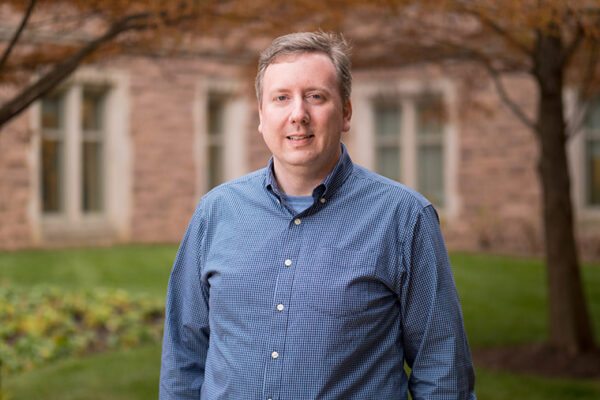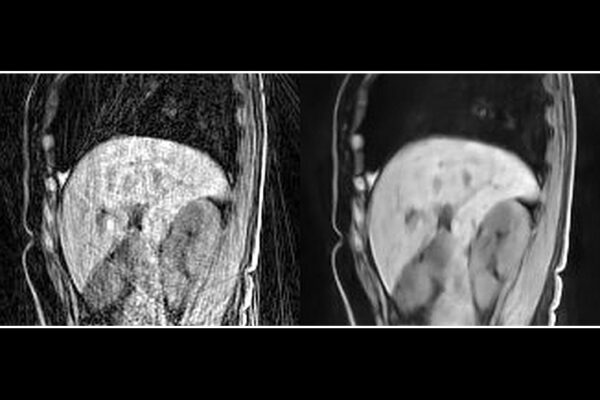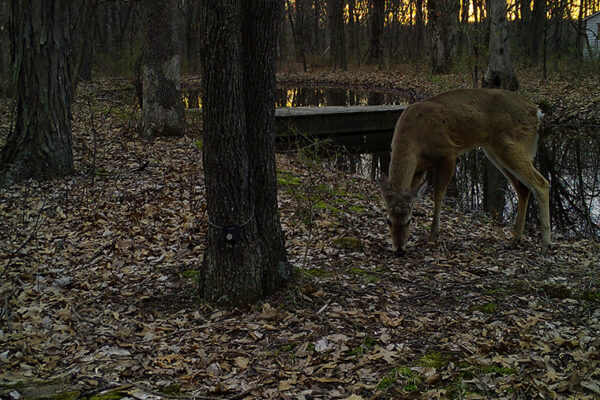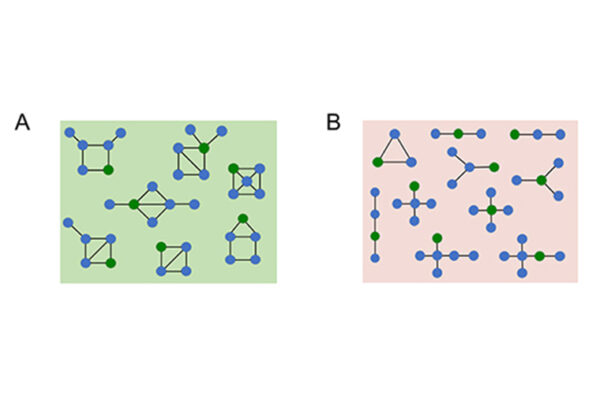Biologist Bose awarded Anant Fellowship for Climate Action
Arpita Bose in Arts & Sciences, whose research is connected to carbon sequestration and sustainable bioproduction, was selected to participate in the Anant Fellowship for Climate Action, a global program for climate change “solutionaries.”
Who’s in cognitive control?
A new study into cognitive control from the lab of Todd Braver promises to be the first of many aimed at understanding its origins in the brain and its variations between people and among groups.
Geoscientist Catalano awarded $2M to investigate critical elements
Jeffrey Catalano, professor of earth and planetary sciences in Arts & Sciences, received a three-year Department of Energy grant to support research on elements and minerals essential for the production of electric vehicles, cellphones and computers.
A more efficient way to find a more efficient battery
Research from the lab of Vijay Ramani at the McKelvey School of Engineering has the potential to speed up development of high-capacity storage batteries while spending less time in a lab.
New deep learning method boosts MRI results without requiring new data
Researchers from the McKelvey School of Engineering and the School of Medicine developed software to improve MRI images without the need for new hardware or data.
Bacteria could learn to predict the future
Using computer simulations and a simple theoretical model, physicist Mikhail Tikhonov in Arts & Sciences showed how bacteria could adapt to a fluctuating environment by learning its statistical regularities — for example, which nutrients tend to be correlated — and do so faster than evolutionary trial-and-error would normally allow.
Patterns of income, urbanization impact mammal biodiversity in the concrete jungle
St. Louis shows the strongest correlation between biodiversity and income of the 20 major U.S. cities included in a recent study. Solny Adalsteinsson, staff scientist at Tyson Research Center and a lecturer in the environmental studies program in Arts & Sciences, is a co-author of the new research published in Global Change Biology.
Student wins Schneiderman Fellowship
Eric Conners, a graduate student in in biology in Arts & Sciences, received a 2021-22 Howard A. Schneiderman Fellowship.
Distilling 70 years’ worth of data
Research from the lab of Jonathan Silva at the McKelvey School of Engineering leveraged computational models to analyze 70 years of arrhythmia-related data.
Sam Fox School, AIA St. Louis announce ‘Disruption,’ 2021 Steedman Fellowship
The Sam Fox School’s James Harrison Steedman Fellowship in Architecture, a biennial research competition, invites early-career architects from around the world to explore how architecture can help to address today’s most pressing global challenges.
Older Stories









